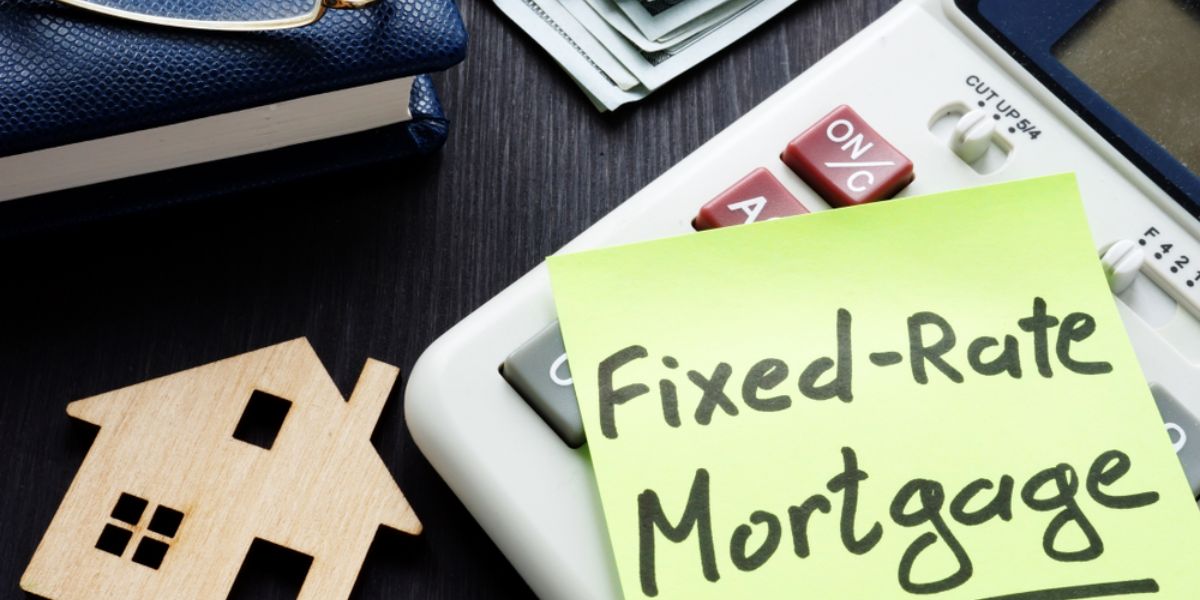You must choose the mortgage term you wish to have when applying for a mortgage, whether it is to purchase a property or to refinance an existing loan. The payback period is referred to as the “term” in this context.
The number of years that you will be making monthly payments toward the principle and interest on your mortgage is known as this term.
- Your mortgage term matters since it has an impact on:
- The interest rate that you will get
- The monthly amount that you will pay for interest charges and principle payback
- The total interest amount that you will pay on your mortgage over its term
What you should know about 15-year versus 30-year mortgages
The typical period for a fixed-rate mortgage is 15 or 30 years. Generally speaking, a shorter term translates into a lower interest rate, less interest paid over the course of the loan, and faster equity growth. Your monthly payment will, however, be more.
Your payment will often be less for a longer term, but you’ll pay more in interest over time and at a higher rate. You may be able to get approved for a larger loan thanks to the longer term and lower monthly payment.
If you’re looking for a house in a more expensive area, this tactic might be suitable, but only if you’re sure you can afford to spend that extra sum.
Read Also: Big Paycheck, Big Commute: The $250K Trade-Off
Differing Costs
Let’s do some calculations to obtain an idea of how much these two loan packages will cost differently.
Your total interest expenses would be $582,333.84 if you were to obtain a $400,000 mortgage at 7.25% for a 30-year period. Your monthly principal and interest payment would be $2,728.71.
With the same $400,000 loan, you would pay $247,156.36 in interest over the course of 15 years at a rate of 7%. Your monthly payment would be $3,595.31. As a result, even though your monthly payment goes up by $866.60, you really save more than $335,000 in interest.
Options other than fixed-rate mortgages with terms of 15 and 30 years
The length of an adjustable-rate mortgage (ARM) is usually 30 years, but that is the only similarity to a 30-year fixed-rate mortgage. For the first few years of the agreement, the ARM has a fixed rate; however, for the remaining years of the term, it will have an adjustable rate.
Typically, the adjustable term extends for the remaining years following the fixed-rate period, which lasts three, five, seven, or ten years. The state of the economy is one of the many variables that could cause your rate to increase or decrease.
The majority of ARMs in the adjustment period make adjustments once a year, although others make adjustments more or less frequently. Your ARM may adjust, resulting in a change in your rate, payment, and overall interest cost.
Some borrowers select an adjustable mortgage (ARM) due to the allure of the initial fixed rate, believing they may refinance into a more favorable loan before the ARM’s fixed-rate period expires and the rate changes. This is an effective method sometimes.
Other times, the anticipated reduced rate is no longer a possibility because the borrower is unable to refinance or because interest rates have increased. The borrower would then have to try to sell the house or keep making the higher payment.
Read Also: Achieve Exponential Growth in Your Retirement Savings with This Trick
Mortgages with 40 years
It’s not common practice to purchase a home or refinance an existing loan with a 40-year term. Your monthly payment may be less if you are able to locate a 40-year term for any of these goals, but it will take a while to pay off your loan or accumulate equity.
You will pay a lot more interest throughout the course of the loan because of the longer duration. A 40-year mortgage can also come with a higher interest rate.
An alternative for loan modification
For a homeowner experiencing financial difficulties and finding it difficult to repay an existing loan, a 40-year term would be more suitable. In order to prevent a foreclosure that neither the borrower nor the mortgage lender desires, the lender may in this situation propose to change the loan and lengthen the term. The homeowner might be able to keep the house if the loan has a 40-year term and a smaller payment.
Paying off your mortgage earlier
You don’t have to wait that long to pay back your mortgage if you get one with a 15-, 30-, or even 40-year term. You have the option to make additional payments on a monthly basis or as needed, for example, if you get a bonus, gift, or income tax refund.
If and when you can, paying more will enable you to reduce your total interest costs, pay off your loan sooner, cease paying for private mortgage insurance sooner, and develop equity more quickly.
While you cannot shorten your loan term without your lender’s consent, you may be able to shorten it to some extent.











Leave a Reply